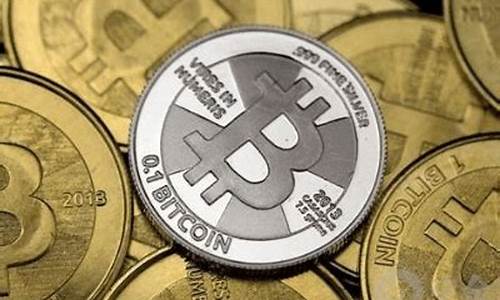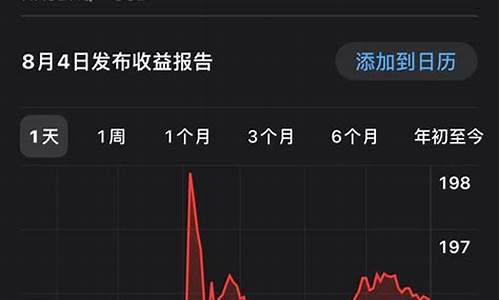
Digital currency, also known as cryptocurrency, is a type of virtual currency that uses
cryptography to secure transactions and to control the creation of new units.
The decentralized nature of digital currencies makes them different from traditional
fiat currencies, which are controlled by governments and financial institutions.
Digital currencies are based on a technology called blockchain, which is a public
distributed ledger that records all transactions in a secure and transparent way.
Each block in the chain contains a record of multiple transactions, and once
a block is added to the chain, it cannot be altered or deleted. This ensures the
integrity and transparency of the system.
The process of using digital currencies involves sending and receiving funds through
digital wallets, which are software programs that store private keys and public
keys used for encryption and authentication. Transactions are validated by
miners who use powerful computers to solve complex mathematical equations, and
once a transaction is confirmed, it is added to the blockchain.
One of the key features of digital currencies is their ability to operate without
the need for intermediaries such as banks or payment processors. Transactions can
be made directly between users, reducing the time and cost associated with
traditional financial transactions. Additionally, digital currencies offer greater
security and privacy than traditional payment methods, as they are not linked to
personal identification information.
However, digital currencies also face several challenges, including volatility,
regulatory uncertainty, and security risks. The value of digital currencies can be
subject to sudden fluctuations, and there is no central authority that regulates
their use or value. Furthermore, hacking attacks and fraud can occur, leading to
the loss of funds.
Despite these challenges, digital currencies continue to gain popularity among
individuals and businesses around the world. Some countries have even begun to
experiment with creating their own digital currencies, such as China's digital yuan.
Overall, digital currencies represent an exciting development in the world of
finance and have the potential to revolutionize the way we transact online.








